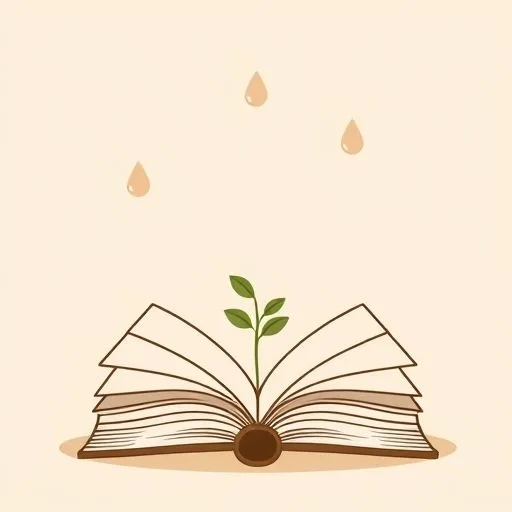
We’ve all been there—trapped in the grocery aisle, one ‘why’ bubbling into ten, that familiar tug of pressure to know everything. But what if the real gift isn’t the answer at all? What if it’s standing still together, your hand in theirs, as wonder does its quiet work? Let’s talk about how breathing through those moments builds something deeper than facts ever could.
The Pause That Holds Space for Wonder
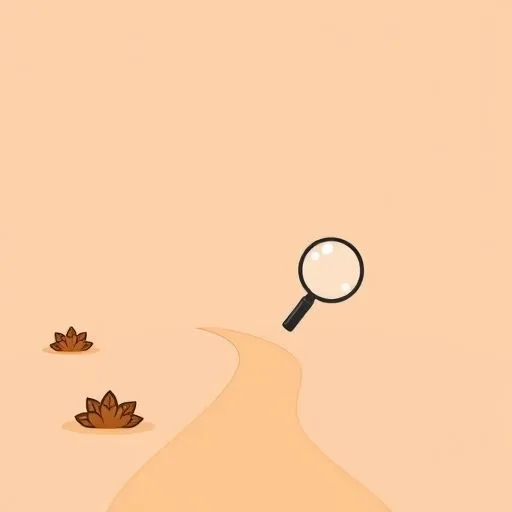
Next time your child hits you with ‘why’ like a tiny philosopher, try stopping. Just breathe. That question isn’t really asking for data—it’s an invitation to see the world through their fresh eyes.
Instead of scrambling for the ‘right’ reply, try: ‘What do you think is happening?’ Watch how their whole face lights up when they feel trusted to wonder.
Rushing to answer? It can accidentally shut down their curiosity before it even gets started. But when we slow down, we give them room to observe, test, and discover things on their own. That little pause—that’s where real learning takes root.
Ever notice how ‘why’ often comes in waves? When it feels overwhelming, like you’re drowning in questions, try flipping it in your head. ‘That third ‘why’ means they’re not just curious… they’re fascinated. What if I just stood here with them in that feeling?‘
It’s not about having the map. It’s about walking the path together, side by side.
‘I Don’t Know’—The Unexpected Gift
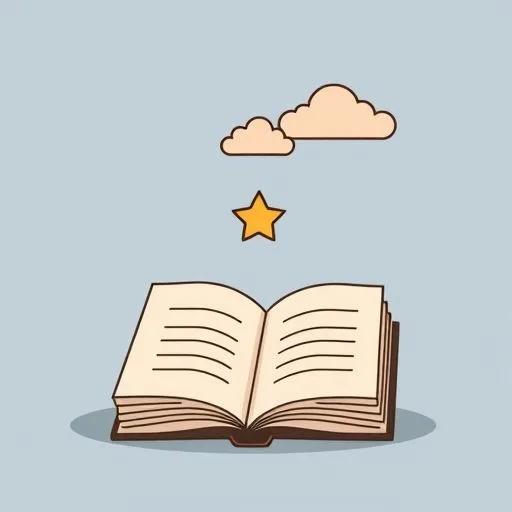
There’s magic in saying ‘I don’t know’ out loud. Not as a defeat, but as an opening. When your child asks why the sky is blue and you genuinely say ‘Let’s find out,’ something shifts. Suddenly you’re not the answer-machine—you’re co-explorers.
Grab a magnifying glass, pull out a book, or just stand outside and stare up. ‘Look how the light bends! What else bends like this?’ That shared not-knowing? It’s where trust grows. Because what they really need isn’t a textbook—they need to see you stay curious too.
That pressure to have all the answers? It’s a myth we carry that weighs us down. Remember those moments when curiosity hits while you’re rushed—dinner prep, homework chaos. Instead of brushing it off, try ‘This is too good to skip. Let’s pause for two minutes.’
Even if it’s just feeling raindrops on your palm or naming cloud shapes while waiting in line. Those tiny ‘aha’ moments? They stack up. And they cost nothing but your presence.
Hands Over Screens: Finding Wonder in the Real World
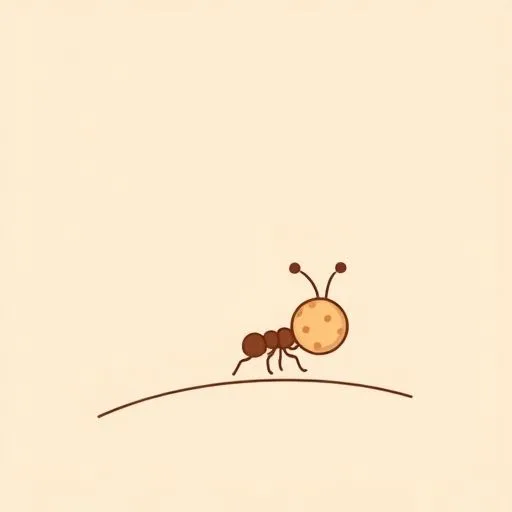
Tech can open doors—but it’s no substitute for the warmth of a small hand in yours while you explore. Sure, pull up a video about ants… but even better? Drop to your knees on the sidewalk together.
‘Look how they carry crumbs—like they’ve got a plan. What do you think that plan is?’ Screens give facts; real-world moments give texture, smell, and shared discovery.
When apps show stars, step outside. Point. Ask. ‘How do you think ancient people felt looking up here?’ That’s when learning sticks—not as information, but as feeling.
And here’s the beautiful twist: when you explore with them, you’ll see them teaching you too. Watching them spot something you’d never noticed—a crack in the sidewalk, a bird’s song—and go ‘Whoa!’ It’s like they hand you back your own childhood eyes.
‘Let’s go see what’s making that sound!’ That’s the heart of it. Not answers. Connection.
When Curiosity Feels Heavy (And How to Lighten It)
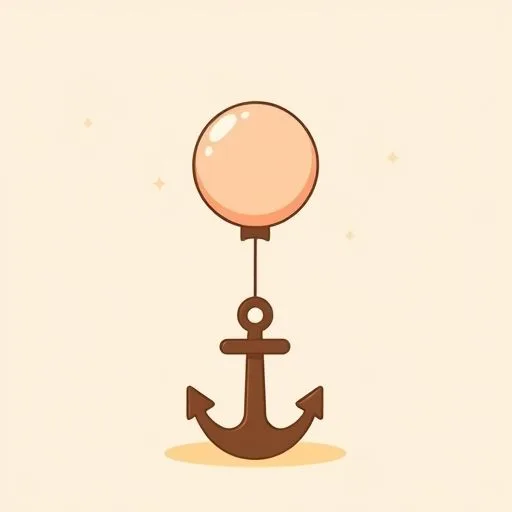
Let’s be real—some days, ‘why’ feels less like wonder and more like a drill sergeant. When you’re running on empty, don’t try to sustain endless Q&A. Instead, create tiny ‘curiosity anchors’—daily moments where you both lean in.
Walking to school? ‘Today we’re cloud detectives.’ Rainy lunch break? ‘Quick experiment: how fast do these puddles grow?’ You’re not promising a PhD—just saying ‘This minute? We’re curious together.’
Especially on hard days, remember: the question itself is the gift. When they ask ‘Why do people die?’ or ‘Why does the moon look sad?’, they’re not seeking a perfect explanation. They’re testing if you’ll walk with them into big feelings.
Hold that space. ‘That’s a huge question. Tell me what you’re thinking.’ Often, the most powerful answer isn’t words—it’s the quiet comfort of your hand holding theirs while they wrestle with wonder.
Because in the end, what they’ll remember isn’t what you told them about clouds or ants. It’s how safe they felt asking ‘why’ right there beside you.
Source: Absci Accelerates AI-Driven Drug Discovery with Oracle and AMD, Globe Newswire, 2025/09/11 12:00:00
